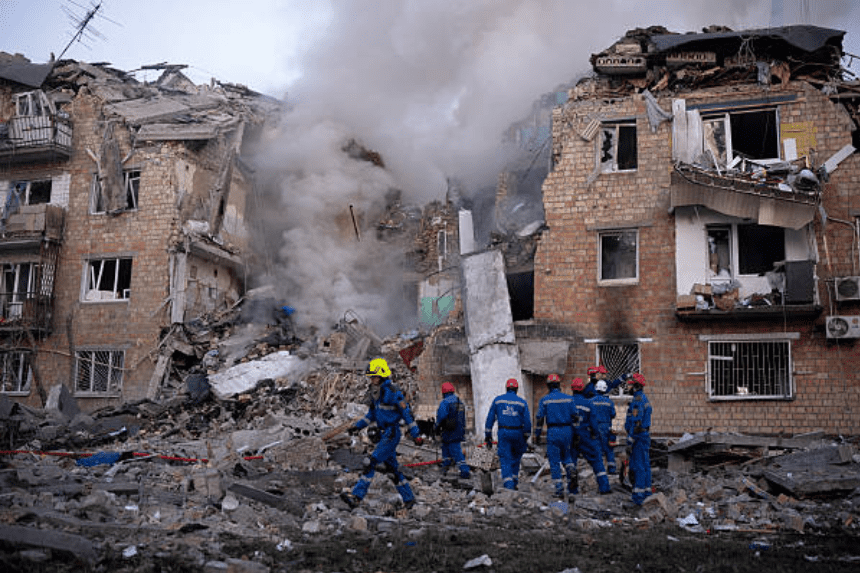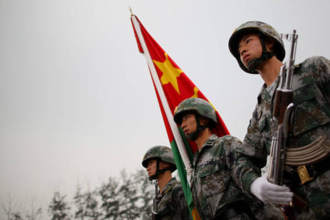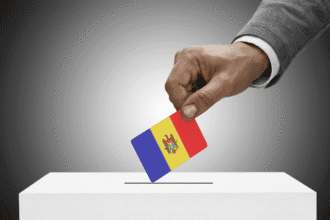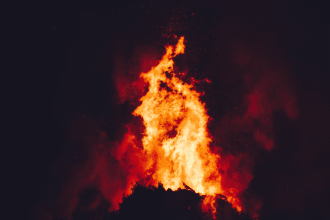The war between Russia and Ukraine has escalated due to Russian missile attacks on Kyiv that claimed the lives of at least 23 civilians, including four children, and injured dozens of others. A few of the damaged premises included the diplomatic mission of the European Union and the British Council office located in the Ukrainian capital.
A five-storey residential block, according to the officials of the Ukrainian government, collapsed after a direct impact and trapped the family beneath the rubble. The bombardments are the deadliest bombardment of Kyiv since July and prompted the European and global leaders to strongly condemn them.
EU Commission President Ursula von der Leyen, in her statement, referred to the strikes as a dark reminder of the readiness of Russia to attack civilians and diplomatic missions. The intensification is in the light of new attempts by the United States and European countries to resuscitate peace negotiations.
What Went on in the Strikes?
In a night, Russian troops fired almost 600 drones, over 30 ballistic and cruise missiles. At around 03:00, one of the missiles struck a residential block in Kyiv in the Darnytskyi district, killing several residents and collapsing the building.
There was round-the-clock work on the part of emergency crews to drag victims out of the rubble. Authorities reported that some of the deceased included children who were as young as 2, 14, and 17. The bombardment also caused homes in Ukraine to be without power, with power infrastructure being the major target, to the tune of 160,000. Here is the link to our article on Indigenous Issues: Urgent.
Why Did European Leaders React Strongly?
This assault destroyed the delegation office of the EU and the neighboring British Council, leading to a furor in Europe. Ursula von der Leyen promised to speed up the 19th sanctions package on Moscow by the EU.
The president of the European Council, Antonio Costa, expressed his horror, and the UK prime minister, Keir Starmer, accused Russia of sabotaging the process of peace. EU foreign policy chief Kaja Kallas also criticised the strikes as a calculated upsurge.
How Did Ukraine Respond?
Ukrainian President Volodymyr Zelensky requested more punitive sanctions and reinforcement of security. He underlined the fact that Moscow had preferred ballistics to diplomacy.
Zelensky affirmed an impending meeting with the U.S. officials in New York to negotiate on military, political, and economic assistance. Ukraine is also collaborating with the European allies to enter into long-term defense assurances against future Russian aggression. Here is the link to our article on Trumpism Rejected Shapes.
What Is Russia’s Position?
Although Moscow insists that it is also open to negotiations, its moves speak otherwise. The defense ministry of Russia acknowledged crushing a Ukrainian naval ship with an unmanned speedboat.
In the meantime, both the EU and the UK called Russian diplomats to the carpet. The Kremlin ignored the pressure of Western countries and, despite the international criticism, warned about the involvement of European troops in Ukraine.
What should the EU do next?
In his turn, von der Leyen said that he would be visiting Latvia, Finland, Estonia, Poland, Bulgaria, Lithuania, and Romania in the days ahead. She aims at empowering regional solidarity against the aggression of the Russians and organizing future sanctions.
European countries are dedicated to assisting Kyiv with military help, diplomatic aid, and humanitarian aid.
Final Thoughts
The Russian-Ukraine war is going strong, and its toll on the lives of civilians and the diplomatic community alike has been utterly catastrophic. The Kyiv strikes do not just make Moscow realize that it is ignoring international law but also strengthen the determination of the Europeans to punish Russia. With leaders now urging stricter penalties and friendlier alliances, the way to peace is still unknown.








